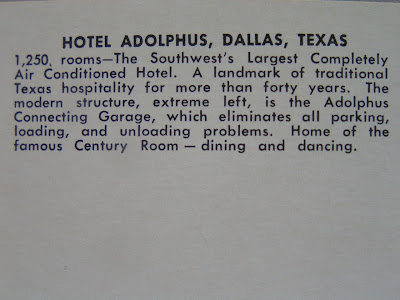
At first glance you would not think the picture above is an office but in fact it was. My personal office was 20x20 in our office building.
The large closing desk was the one used by president Lincoln in his office at the Willard Hotel his balcony faced Pennsylvania avenue that he spoke from on many occasions. The hardwood floor and arm wall came from the Gibson hotel in Cincinnati. The floor was taken up and all the nails had to be removed and laid down by liquid cement on the concrete. It was old, discolored, chipped, and weather beaten. The first thing the carpenter wanted to do was sand the floors down to make them look new. "That my friend is the exact opposite of what I want its appearance to be" I said. It’s antique you know? The chandelier was from the Commodore, I especially liked the barber chair with the telephone, I had my haircut there most frequently.
The paneling and doors all came from different hotels throughout the building and especially the paneling in my office (not seen in photo) most of it came from the NCR administrative building in Dayton Ohio, Charles Patterson’s office.
Of course during the demolition the place was a shamble but every time NCL’s president would come to check his office space NCL’s crew would come in and clean a beautiful path through the building and into his office (I guess it was because he was president of the company) it seemed like a waste of a bunch of time and money to me because it wouldn’t stay clean very long.
I’ll tell you more in my book about the most unusual things done to the other offices in common areas with some real elaborate pictures, would you be interested?
The large closing desk was the one used by president Lincoln in his office at the Willard Hotel his balcony faced Pennsylvania avenue that he spoke from on many occasions. The hardwood floor and arm wall came from the Gibson hotel in Cincinnati. The floor was taken up and all the nails had to be removed and laid down by liquid cement on the concrete. It was old, discolored, chipped, and weather beaten. The first thing the carpenter wanted to do was sand the floors down to make them look new. "That my friend is the exact opposite of what I want its appearance to be" I said. It’s antique you know? The chandelier was from the Commodore, I especially liked the barber chair with the telephone, I had my haircut there most frequently.
The paneling and doors all came from different hotels throughout the building and especially the paneling in my office (not seen in photo) most of it came from the NCR administrative building in Dayton Ohio, Charles Patterson’s office.
Of course during the demolition the place was a shamble but every time NCL’s president would come to check his office space NCL’s crew would come in and clean a beautiful path through the building and into his office (I guess it was because he was president of the company) it seemed like a waste of a bunch of time and money to me because it wouldn’t stay clean very long.
I’ll tell you more in my book about the most unusual things done to the other offices in common areas with some real elaborate pictures, would you be interested?







 Economics again.
Economics again.




